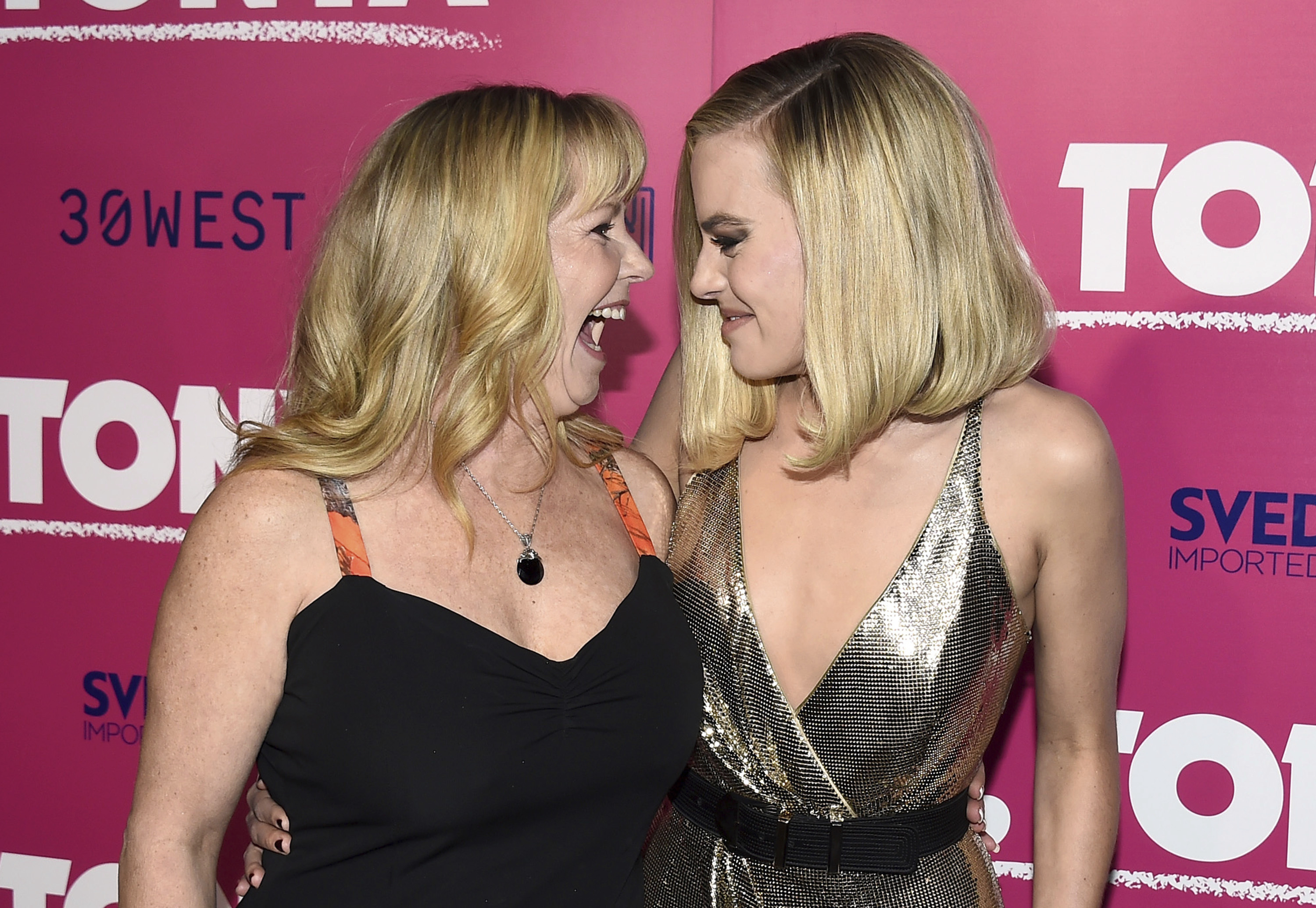
Thanks to the movie “I, Tonya“, Tonya Harding, the former Olympic figure skater has become a sympathetic figure.
At last Sunday’s Golden Globe Awards show, Harding sat with Allison Janney and other stars of the film and was treated as a returning hero when Janney introduced her when accepting her best supporting actress award.
Hollywood can create almost any reality. But the reality is Harding is not only not a hero, she’s a criminal who even the film acknowledges participated in a conspiracy to use psychological and emotional attacks on the real victim — Nancy Kerrigan.
No matter. Harding is on the redemption circuit. Last night she appeared on a two-hour ABC special, admitting to knowing “something was up” in the planning of the attack on Kerrigan, which, of course, escalated to a physical assault.
Her story has changed several times but the one that counts, the one she copped to when she agreed to a plea bargain deal in 1994, is that she acknowledged talking over a plan to hide the plot the night she got back from Detroit, where Kerrigan was attacked.
The plea deal focused only on what happened after the attack, but the prosecutor said he had plenty of evidence to lower the boom on her.
“If she hadn’t been willing to plead to a felony offense, we would have proceeded with an indictment on all possible charges,” Norman Frink said at the time. “And I have every expectation that that would have included conspiracy to commit second-degree assault and racketeering.”
If only.
“In the PR blitz surrounding the new movie ‘I, Tonya,’ Harding has been made to seem softer and more sympathetic than the cut-throat competitor accused, along with her then-husband Jeff Gillooly, of kneecapping Nancy Kerrigan before the 1994 Winter Olympics. But Tonya 2.0 turns out to be a lot like the woman we used to know,” pop critic Mark Shanahan writes today.
Harding’s publicist, Michael Rosenberg, cut her loose after she demanded that any journalists who ask her about the Kerrigan incident be fined $25,000.
‘I, Tonya’ is now ‘goodbye, Tonya,’” he wrote on Facebook, according to Christine Brennan, the USA Today columnist. “Unfortunately, we reached an impasse today on how to treat the press in the future. Her adamant and final position is that reporters must sign an affidavit stating that they won’t ask her anything ‘about the past’ or they’ll be fined $25,000. Obviously, it doesn’t work that way, and therefore I’ve chosen to terminate our business relationship.”
It appears Tonya Harding is up to her old tricks. Her loyal agent/publicist Michael Rosenberg resigned today over Tonya’s insistence that reporters be fined $25,000 if they ask her anything about the past. Here’s his FB post…”I, Tonya” is “Goodbye, Tonya!” pic.twitter.com/5BqLuLLLDE
— Christine Brennan (@cbrennansports) January 11, 2018
Keep in mind, Rosenberg has been with Harding since before Harding’s ex-husband arranged for someone to take a nightstick to Kerrigan’s knee.
This week the New York Times published a mostly sympathetic story about Harding in which Harding insists you can’t understand what happened without knowing what happened before and after the Kerrigan attack.
But even then, the writer clearly bristled at Harding’s — she’s now actually Tonya Price — refusal to address the only reason anyone suddenly cares about her again at all.
That’s it? I asked. That’s it, she confirmed. Those are her only objections. Which was confusing, because the movie doesn’t vindicate her by a long shot. It presents both sides of the story, both her and her ex-husband’s, and neither comes across looking particularly innocent. Nothing else you want to clear up? I asked.
On a couch at 38 Below, she leaned back, frustrated, made her hands into fists and rubbed her eyes. It’s exhausting. Nobody ever gets it. She’s been waiting for a way to tell the world that the abuse she endured was so much worse than they thought, that she was so much poorer than people could imagine. And then all people want to know is whether or not there’s something she’s not admitting to.
We just don’t understand, the Times says:
There were mitigating circumstances. Her life was terrible. She was beaten. She was threatened. You don’t get this way unless you were counted out completely. Her own mother didn’t seem to love her. The only time in her life she ever got anywhere was when she circumvented the rules and took for herself what appeared to be given to the Nancy Kerrigans of the world. Ms. Kerrigan was from a working-class family too, but she was loved.
Ironically, what is propelling “I, Tonya” in the awards season is the same thing that critics of “Three Billboards Outside Ebbing, Missouri” think should disqualify it from consideration.
In not “confronting” the racism of some of the characters, it excused it by noting the upbringing he endured.
One film’s weakness is another’s success. Go figure.
As Tonya Price complains, “we just don’t get it.”
Meanwhile, the real victim hasn’t seen the film. Nancy Kerrigan says she hasn’t had time.
“I’m just busy living my life,” she tells the Boston Globe.
